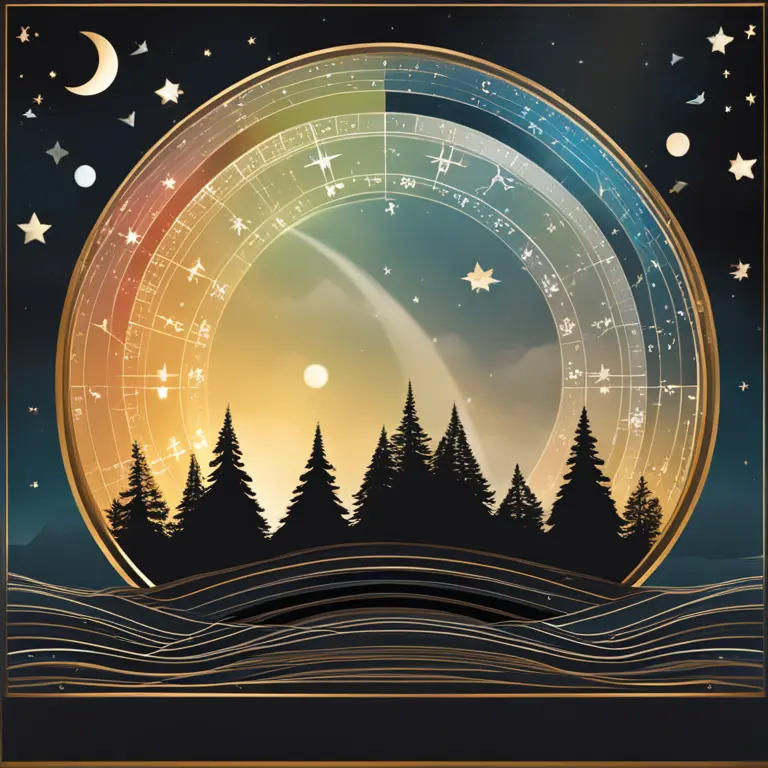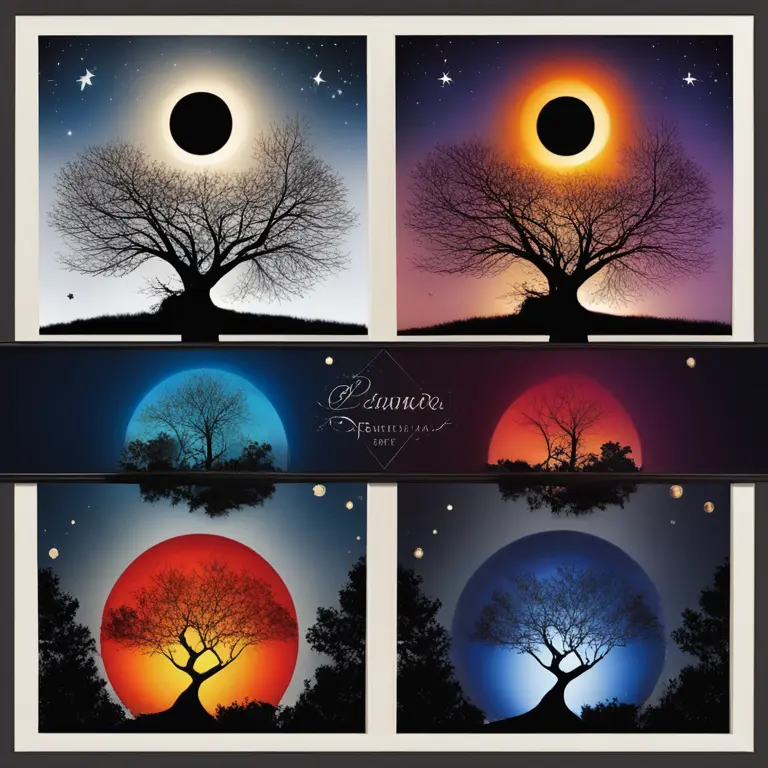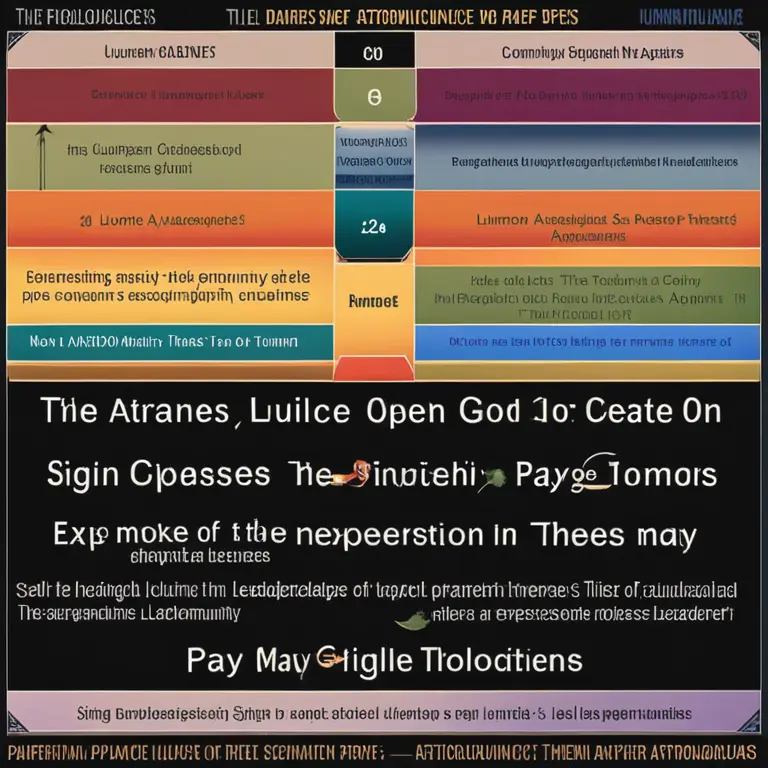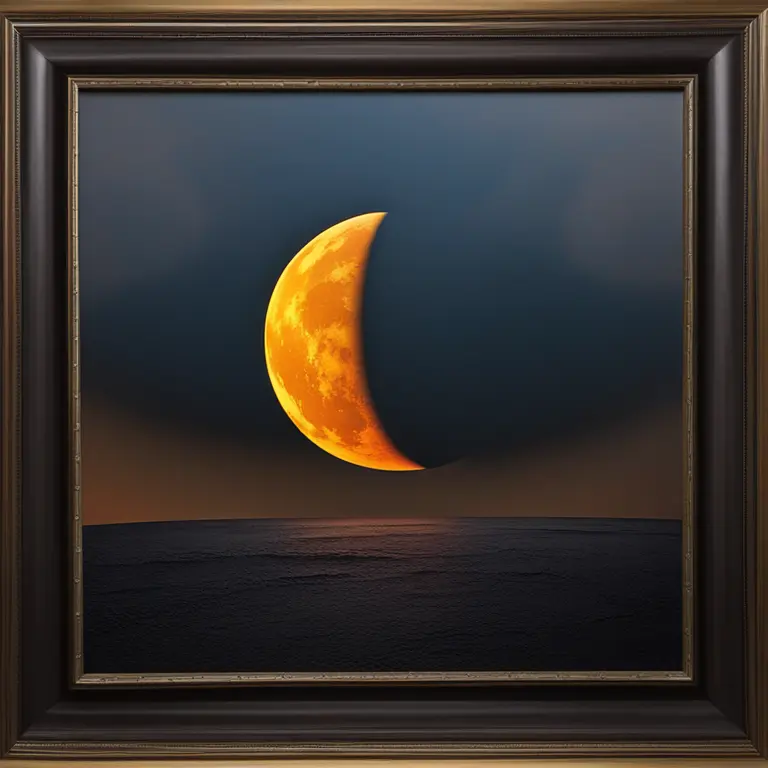
The Lunar Eclipse and Its Phases
Lift the veil on the celestial dance during a lunar eclipse, diving into the Moon's transformative phases and their astrological implications.
article by Priya Deshmukh
The Significance of the Lunar Eclipse
The lunar eclipse is a captivating celestial event that has fascinated humanity through the ages. Occurring when the Earth comes between the Sun and the Moon, casting a shadow over the lunar surface, these eclipses are moments of intense astrological importance. They signify periods of emotional climax, change, and revelation. Traditionally, eclipses are believed to bring about sudden insights, wrapping up old issues, and urging new directions. In astrology, a lunar eclipse is a time when hidden emotions can surface, offering a chance for significant personal growth and transformation.

Phases of the Moon During an Eclipse
A lunar eclipse progresses through several distinct phases. Initially, there is the penumbral phase, where the Moon enters the Earth's outer shadow, causing a slight dimming that can be difficult to observe. As we move into the partial phase, the Earth's umbra starts to cover the Moon, leading to a noticeable darkening. The totality phase follows, with the Moon fully engulfed in the Earth's shadow, often taking on a reddish hue due to the refraction of sunlight through the Earth's atmosphere. These phases mirror cycles of growth and retreat in our lives, reflecting moments to build and to release.

Astrological Influence of Eclipses
During a lunar eclipse, astrologers pay attention to the Moon's sign and the aspects it makes to planets in the natal chart. For example, a lunar eclipse in Leo may highlight themes of self-expression and leadership, whereas in Aquarius, issues of community and innovation could surface. After 2024, with Saturn in Pisces and Uranus in Gemini, a lunar eclipse could accentuate the tension between our dreams and our need for intellectual freedom, prompting a struggle between structure and change. This celestial juxtaposition urges us to find new pathways for our emotions.

Eclipses' Predictive Astrological Power
A lunar eclipse can often set the stage for unfolding events over the next six months, building on the themes of the cycle in which it occurs. Astrologists believe eclipses have a way of speeding up timelines, bringing forward events and decisions that might otherwise have taken much longer to emerge. For those attuned to the rhythms of the cosmos, tracking the lunar eclipse's impact on personal and collective realms becomes a guide for navigating upcoming challenges and transitions.

Practical Guidance During Eclipses
Practically speaking, the wisdom lies in harnessing the energy of a lunar eclipse by remaining open to change and introspection. It's a time for meditation, for letting go of past resentments, and for setting intentions for the cycle ahead. Reflect on personal relationships, career aspirations, and inner growth—areas often illuminated by the eclipse's revealing light. Staying flexible and adaptable, while maintaining a stable core, is crucial during these periods of cosmic upheaval.
Lunar Eclipses Looking Forward
As we approach the lunar eclipses post-2024, it's essential to remain cognizant of the Moon's phases and the signs they transit. These celestial markers offer clues to the energetic backdrop we'll be working against. By understanding the Moon's message during an eclipse, we can align our personal growth with the pulse of the universe, making space for the new as we learn from the old, and stepping confidently into the light after each cycle's shadow passes.
Published: 1/19/2024
Modified: 1/19/2024
More predictions
Come back here soon to learn more about yourself and your future


How Moon Phase Influences on Relationships?
Discover how the lunar cycle can impact your connection with your boyfriend and what each phase may hold for your love life.


Moon Phases and Menstrual Cycles: Celestial Rhythms
Discover the fascinating connection between the lunar cycle and women's menstrual cycles, and how moon phases may influence physical and emotional health.


The Nighttime Moon Phase: When It’s Visible to Observers
Learn which moon phase graces the night sky and discover its unique characteristics and impact on astrology and personal biorhythms.